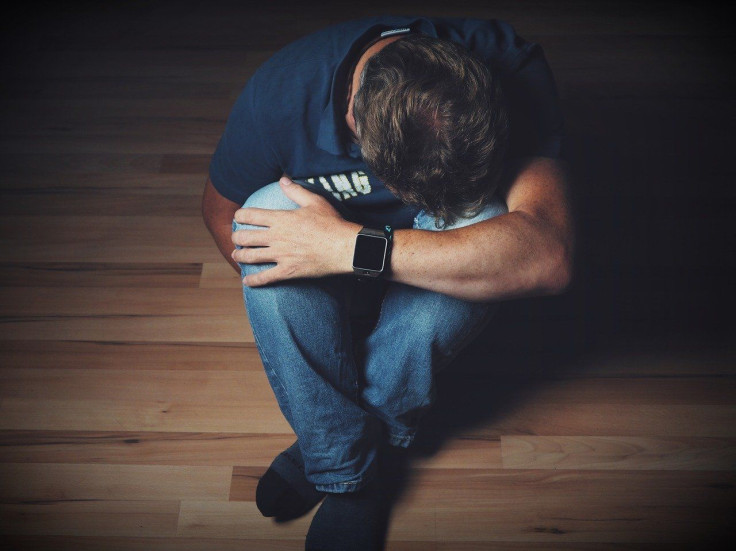Depression Rate High Among Youngsters, Minorities During Coronavirus Pandemic, Says CDC

KEY POINTS
- The pandemic has brought a lot of change in society
- The CDC revealed it led to an increase in heavy drinking and rising cases of depression
- A large number of individuals also turned to drugs and even had suicidal thoughts
The coronavirus crisis has made a lot of people depressed, with some of them turning to alcohol. The pandemic has affected not only the physical and economic health of people but also caused a great deal of mental stress on some.
Harsh lockdowns and stringent policies designed to fight the spread of the virus added to the difficulties many people face due to lost jobs and dwindling financial resources. With no end in sight, some people have turned to substance abuse or heavy drinking, and in some instances, both.
A study conducted by the Centers for Disease Control and Prevention (CDC) researchers showed that in terms of mental health, the most affected were youngsters, those from minority communities and people susceptible to financial shocks. Researchers also found that the number of Americans who reported drastic mental health and behavioral changes, such as heavy drinking or drug use, were steadily increasing. The CDC survey, conducted between June 24 and 30, included 5,412 adults.
Around 25% of American respondents report experiencing anxiety disorder symptoms, which was three times more than what a similar survey conducted in the same period in 2019 showed.
Of the respondents, 13% said they have been using drugs or drinking heavily as the stress brought about by the pandemic weighed heavily on their mental health. Nearly 11% said they had seriously contemplated suicide in previous months; among them, 25% were between 18 and 24 years.
In all, 41% of the respondents said they were suffering from one or more symptoms of severe mental health problems. According to the CDC, treating these conditions is important.
The survey found that the younger generation and Black Americans and Hispanics are more likely to experience adverse mental health changes due to the pandemic. The researchers said those already receiving treatment for a previously diagnosed mental health issue are most at risk.
Over 21% of health workers admitted contemplating suicide in July and 25% of them said they were using substances more now as compared to the period before the pandemic. Also, around one in every five American respondents said they knew someone with the virus. Another 8% said somebody they knew is among the 160,000 fatalities in the United States.
The study authors said that significant increases in adverse behavioral and mental health conditions underscores the huge impact of the crisis and the need to treat, and if possible prevent, these conditions. “Addressing mental health disparities and preparing support systems to mitigate mental health consequences as the pandemic evolves will continue to be needed urgently,” the researchers wrote.
© Copyright IBTimes 2025. All rights reserved.





















